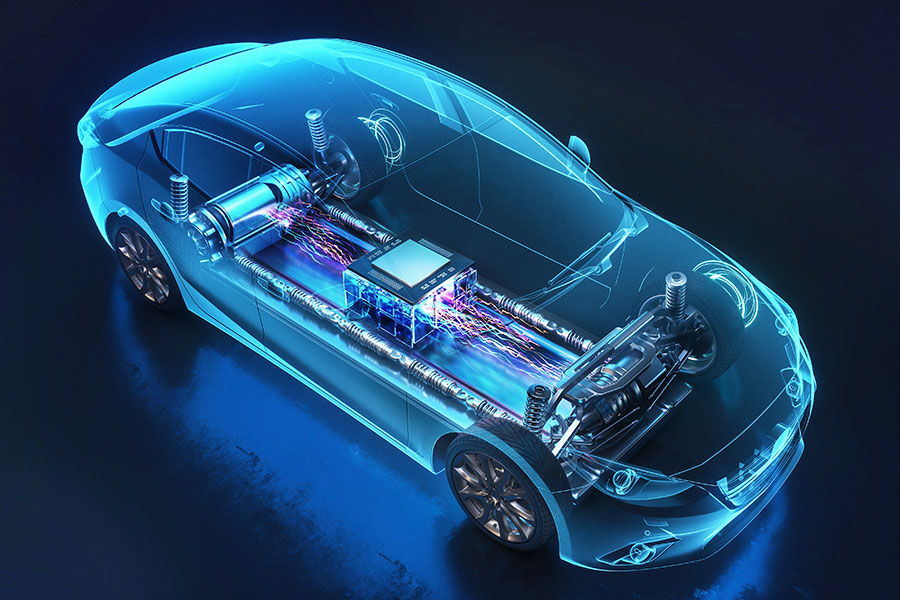
By Kate Yuan
(JW Insights) Aug 31 -- The companies in China’s EV supply chain are increasing investment and building local production facilities in the Southeast Asian countries, including major automakers Great Wall, Geely, BYD and Wuling, said a JW Insights article on August 26.

Great Wall Motors has constructed the Rayong factory in Thailand. In January 2023, the company formed a strategic partnership with Vietnam's TAG Holdings. In June, Great Wall launched multiple models in the Philippines and Cambodia.
Geely acquired Southeast Asia's first car manufacturer Proton in 2017. In July this year, it invested $10 billion to develop Tanjong Malim in Perak, Malaysia, into the largest automotive center in the region.
In December 2022, BYD officially entered the Malaysian passenger car market and introduced its first model, the BYD ATTO 3. In March this year, BYD announced the groundbreaking of its factory in the Rayong Industrial Zone in Thailand. Recently, there have been reports that BYD has reached a cooperation agreement with Ayala, a Philippine conglomerate, to sell EVs in the Philippines.
In late August 2022, Neta entered the Thai market, opening stores in various locations. In March 2023, 3,600 Neta V models were exported to Thailand, setting a record for the largest single batch export by a Chinese EV startup.
Upstream companies in China's mature automotive industry chain also have the opportunity to benefit from this expansion.
Indonesia, with its abundant nickel resources, has seen rapid growth in investment in nickel mining and processing by Chinese battery industry chain companies, as nickel is a key material for power batteries.
Companies such as Huayou Cobalt, Tsingshan Holding, CMOC Group, and CATL have entered the Indonesian nickel mining industry through various means.
In addition to resource-related companies, some upstream component companies have also been proactive in expanding their presence in Southeast Asia. Joyson Safety, a subsidiary under leading Chinese auto parts supplier Joyson Electronics, has established automotive safety system production facilities in Thailand, Indonesia, India, and the Philippines.
China’s auto parts alliances have also conducted research on the Southeast Asian market. In April this year, Chen Guanda, the secretary-general of the Yangtze River Delta Auto Parts Industry Alliance, led a delegation consisting of 15 fastener, hardware, and automotive component companies from the Yangtze River Delta region to conduct a survey in Vietnam.
RELATED
-
BYD plans to establish a sodium-ion battery plant in eastern China’s Xuzhou with an investment of RMB10 billion ($1.4 billion)
11-20 17:51 -
European Commission President von der Leyen will visit China in wake of the EU’s ongoing probe into China’s subsidies on EV industries
11-20 16:59 -
Chinese auto giant Changan Automobile plans to launch eight self-developed battery cells in the future
11-20 16:26
READ MOST

No Data Yet~







